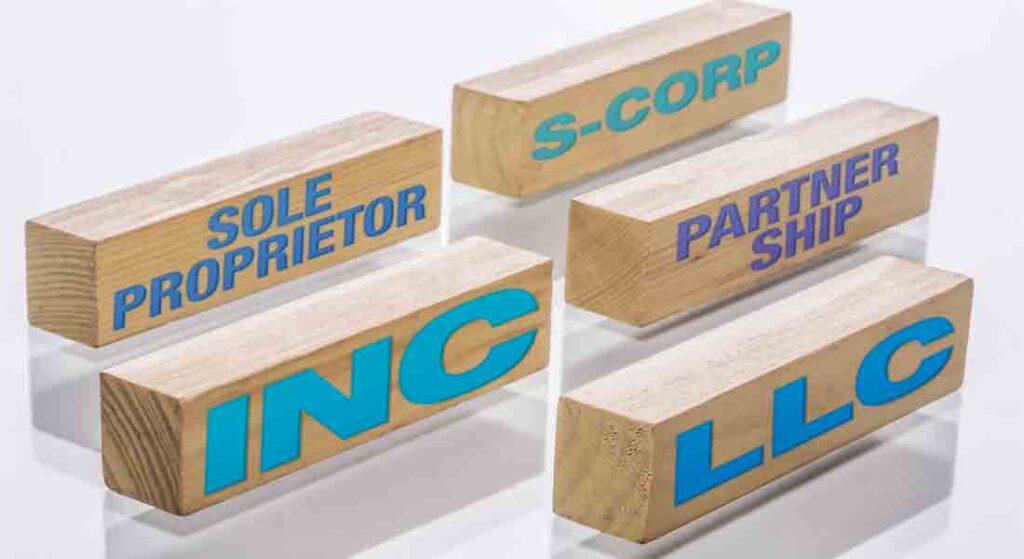


Do you want to buy a vacation property in the United States? Or do you want to invest in the real estate market in the USA? As of 2021 Canadian market is very hot in real estate, you have much better affordability in the USA. However, before making any such decision, you should look into the cross-border tax implications. In this article, we will be discussing why an LLC is the best legal structure for you when you as a non-resident of the USA buying property in the USA.
Benefits of LLC
Forming an LLC in the USA offers the benefits of personal liability and asset protection, which is gaining popularity increasingly for foreign buyers, who are looking for minimizing their tax liability and ease of maintaining fewer corporate formalities. An LLC is a type of legal entity that is not available in Canada. It is only available in the United States.
Members of LLC
A standard LLC must have one member. LLC has no upper limits on the number of LLC members and has no restrictions on the type of persons or entities that may be members. LLCs that choose to be taxed as S Corporation has a limit of 100 members. Some states do not allow a minor to be a member of an LLC. Individuals, corporations, and other LLCs are permitted to be LLC members, and there are no citizenship or residency requirements.
Your LLCs can have various stock classes, and LLC members can allocate gains, losses, deductions, and credits according to agreed-upon special allocations. LLC generally has an operating agreement.
LLC Taxation

If your LLC has foreign members, the LLC still has the choice to make an election for federal taxation purposes. Your LLC can elect that it is to be taxed as a partnership, or a C corporation for income tax purposes. If you are a single-member LLC, You can elect to be taxed as a disregarded entity. A disregarded entity means your LLC becomes a follow-through entity for federal income tax purposes. The income/loss of the LLC flows through its members’ tax returns.
If your LLC elects to be taxed as a partnership, You report LLC profits and losses on the member’s/partener’s personal income tax return. A partnership reports its profits on Form 1065, and partners are taxed on their share of profits. If you are a single-member LLC and you elect to be treated as a disregarded entity, your report LLC profits and losses on your personal income tax return. A single-member LLC reports its income on Schedule C of its own return and filed with IRS. Foreign member LLC will need to apply for ITIN.
If your LLC chooses to be taxed as a C corporation, the corporation reports the income on Form 1120 and pays tax on it at the high corporate rate. When the corporation distributes its retained earnings as dividends to shareholders, the shareholder reports that dividend as income on his/her personal income tax return and pays taxes again.
However, to avoid this double-taxation, most multi-member LLCs elect to be taxed as a partnership. Most single-member LLCs elect to be disregarded as an entity for federal tax purposes.
Please refer to our blog “LLC taxation” to learn more about LLC taxation in the United States.
Foreign member LLC
A single-member LLC that does not have employees may not need an EIN. However, If the LLC has a foreign member, then it must apply for the EIN. LLC with at least 25% foreign-owned, must report all transactions between the LLC and other parties on from 5472 information return and maintain books and records to support the claims you make on From 5472. IRS treats each foreign-owned disregarded LLC as a separate entity. That means that if one foreign person owns more than one LLC, they must report each LLC separately.
Passive Activity
Rental losses from your LLC are treated differently for tax purposes when you have other income to report on your income tax return. Your rental loss is categorized as passive activity loss. A passive activity loss can only be offset against your passive income. Your rental loss is generally deferred until you have passive income to offset the loss. Passive activity loss rules apply to most rental activities, except for some real estate rental activities in which a taxpayer “actively participates” or when the taxpayer is a real estate professional. Any losses that are not limited by the passive rules can be claimed to the extent of the member’s basis in the LLC. Also, see “Passive Activity.”
Distribution and Transfer of Interest
If your LLC distributes the LLC property to you, it is not considered a taxable event. The capital gain taxation will only apply when you as a member or partner of the LLC sell that distributed property. Any capital arises from the sell, you report on your personal income tax return.
However, when an LLC member transfers its interests in an LLC to another member or a new member, the tax rules changes. The LLC is treated as a partnership for tax purposes. This is considered a taxable event for capital gain taxation. Any gains or losses are generally reported for capital gain tax purposes. The gain or loss is the difference between the amount or the fair market value of the consideration received for selling the LLC interest less the basis of the selling member in the LLC.
If you transfer your interest in the LLC which is 50% or above, and if that happens with a twelve months period, for income tax purposes your LLC will be considered as terminated or dissolved. The 50 percent or above is considered based on the total interests in the LLC. Generally, your LLC’s operating agreement will state all other situations which lead to the dissolution of your LLC.
For any further details or forming an LLC or for all your tax filing requirements, please contact [email protected] or call 647-692-5677.
RKB Accounting has expertise in cross-border taxation and has been providing accounting and taxation services for the last fifteen years in Canada and USA. RKB services include incorporating a business on both sides of the border, bookkeeping, sales tax, payroll, and corporate and personal income tax. RKB’s expertise includes cross-border tax planning, long-term tax planning, helping business start-ups, business structure planning, and resolving complex tax matters. RKB a CPA(Delaware), CA(India), and CIA(USA) has over 25 years of experience in accounting and taxation in dealing with various countries in the world.
Disclaimer: Information in the blog/post/article has been presented for a broad and simple understanding. This is not legal advice. RKB Accounting & Tax Services does not accept any liability for its application in any real situations. You need to contact your accountant or us for further information.